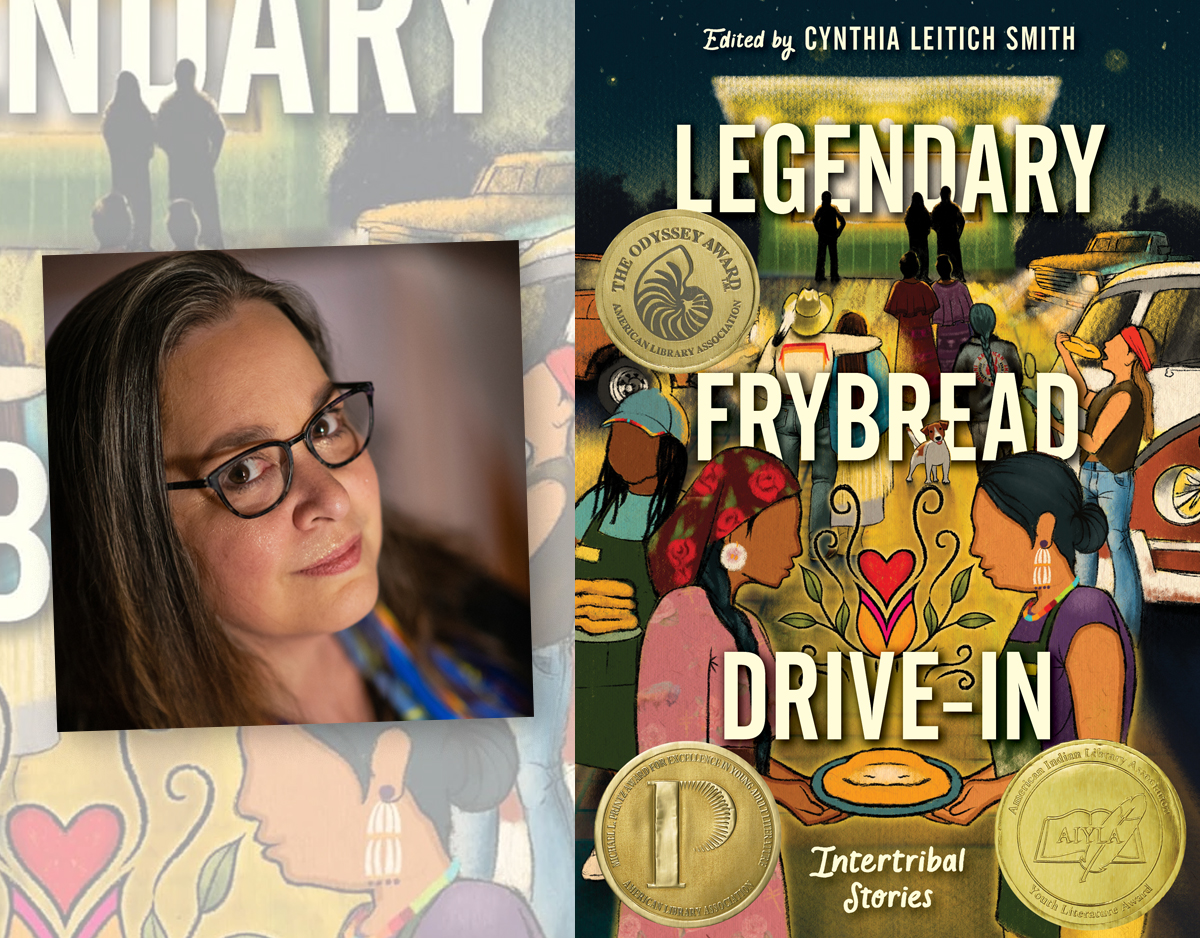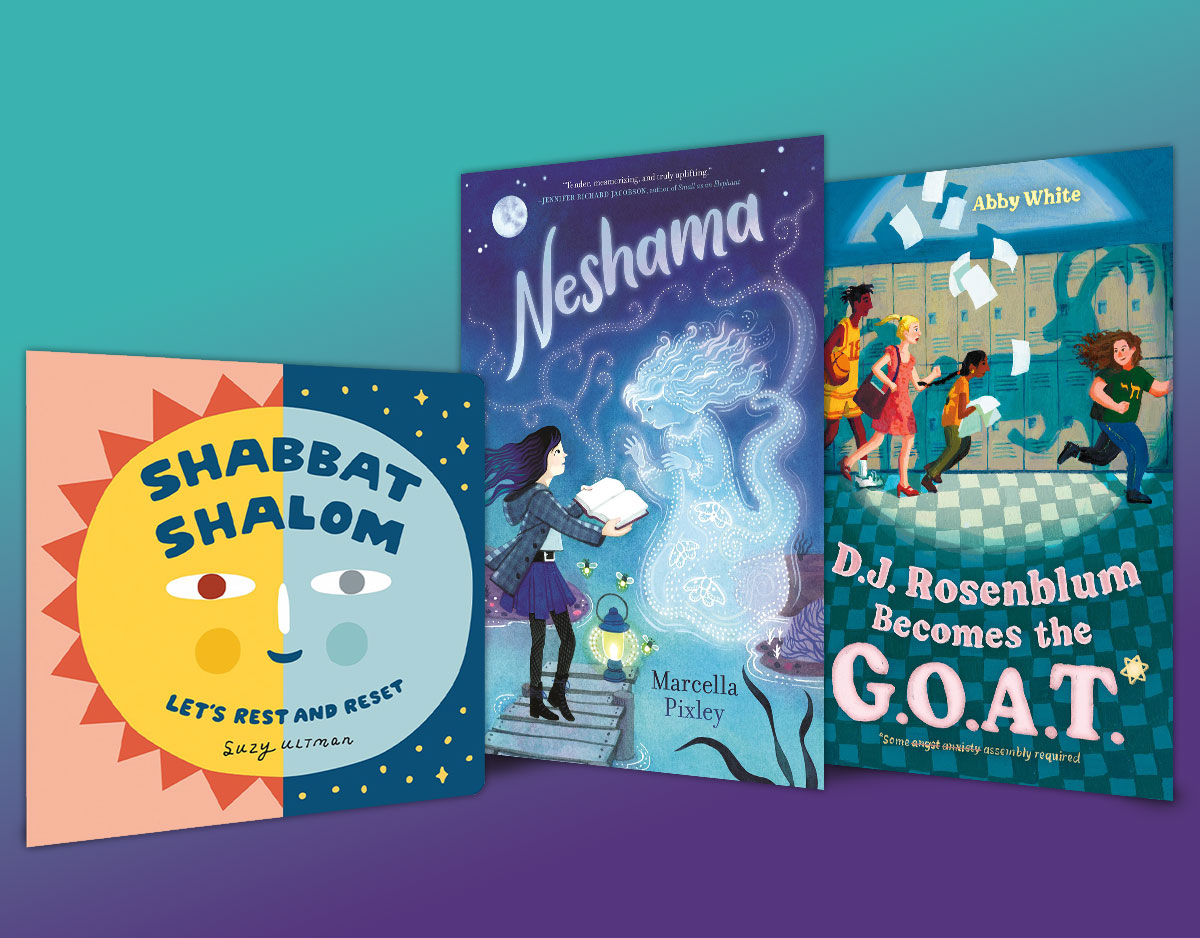SCROLL DOWN TO READ THE POST
Salt to the Sea
 Salt to the Sea, Ruta Sepetys
Salt to the Sea, Ruta Sepetys
Philomel, February 2016
Reviewed from ARC
When we compiled our list of 25 contenders, we skipped Salt to the Sea. But not because we hadn’t read it: I read it back in late 2016, and even gave it four stars on Goodreads.
However, the longer I get from reading this one, the more I tend to feel an eye roll coming on when I consider its merits. This is maybe just me, though, because this was one of two titles mentioned repeatedly in the comments on the list, it’s a bestseller, and it received three starred reviews.
ADVERTISEMENT
ADVERTISEMENT
So that sigh I made when you all wrote it in with such enthusiasm is terribly harsh, and a little bit unfair. This is not a bad book, not by a long shot. But here’s what doesn’t work: the baddie, Alfred, the German soldier who is like a caricature of some pop psychology Hitler theories: a guy who can’t get what he wants so he grabs onto power and uses it. He’s creepy and his internal monologue reveals his nasty side in ways that make no sense for an internal monologue. He’s obvious, seemingly designed to make it clear that even though this is a text with sympathy for the German lives lost in the sinking of the Wilhelm Gustloff, the Nazis are still the bad guys. In case, you know, the misfortunes of the rest of the (happily more nuanced) characters or oh, history, wasn’t enough to make that clear.
Also, it’s a very readable text — short, often staccato sentences, brief chapters, precise exposition woven in, not seamlessly but rapidly and efficiently. From an RA perspective, or even a review perspective, these aren’t issues and might even be laudable, but when lined up against other selections from the year, the writing feels downright utilitarian. Add to that the very neat ending and this just pales next to the rich best of the year.
So what’s right about Salt to the Sea? Well, in all honesty, I rather expect everyone else will have more to say about the merits. But: It’s an awesome history lesson. It has genuine feels: as much as that letter at the end (the tidy bow on the proverbial package) bothered me (it’s too neat and also unnecessary; I much preferred Emilia’s dying dream to a random stranger getting the last word, especially as the last word feels so authorial), the image of her laid to rest under the roses was emotional, as was the loss of the Shoe Poet. The privations of the war and the hope of making it through were brought vividly to life through Joana and Florian and Emilia and the people they encounter. This is a good book, a super readable piece of historical fiction (with extensive back matter, yay!) — but it’s just not great.
Am I being wildly unfair? (I did like it a lot right after finishing, after all). Care to argue the other side? Have at it!
Filed under: Books to look for, Fiction
About Karyn Silverman
Karyn Silverman is the High School Librarian and Educational Technology Department Chair at LREI, Little Red School House & Elisabeth Irwin High School (say that ten times fast!). Karyn has served on YALSA’s Quick Picks and Best Books committees and was a member of the 2009 Printz committee. She has reviewed for Kirkus and School Library Journal. She has a lot of opinions about almost everything, as long as all the things are books. Said opinions do not reflect the attitudes or opinions of SLJ, LREI, YALSA or any other institutions with which she is affiliated. Find her on Twitter @InfoWitch or e-mail her at karynsilverman at gmail dot com.
ADVERTISEMENT
SLJ Blog Network
Fuse 8 n’ Kate: Flotsam by David Wiesner
2026 Youth Media Awards
Goodbye for Now
What’s Your Myth? Why Ancient Stories Still Matter for Middle Grade Readers, a guest post by Tracy Wolff
The Classroom Bookshelf is Moving
Kelly Yang on Storykind
ADVERTISEMENT
ADVERTISEMENT







